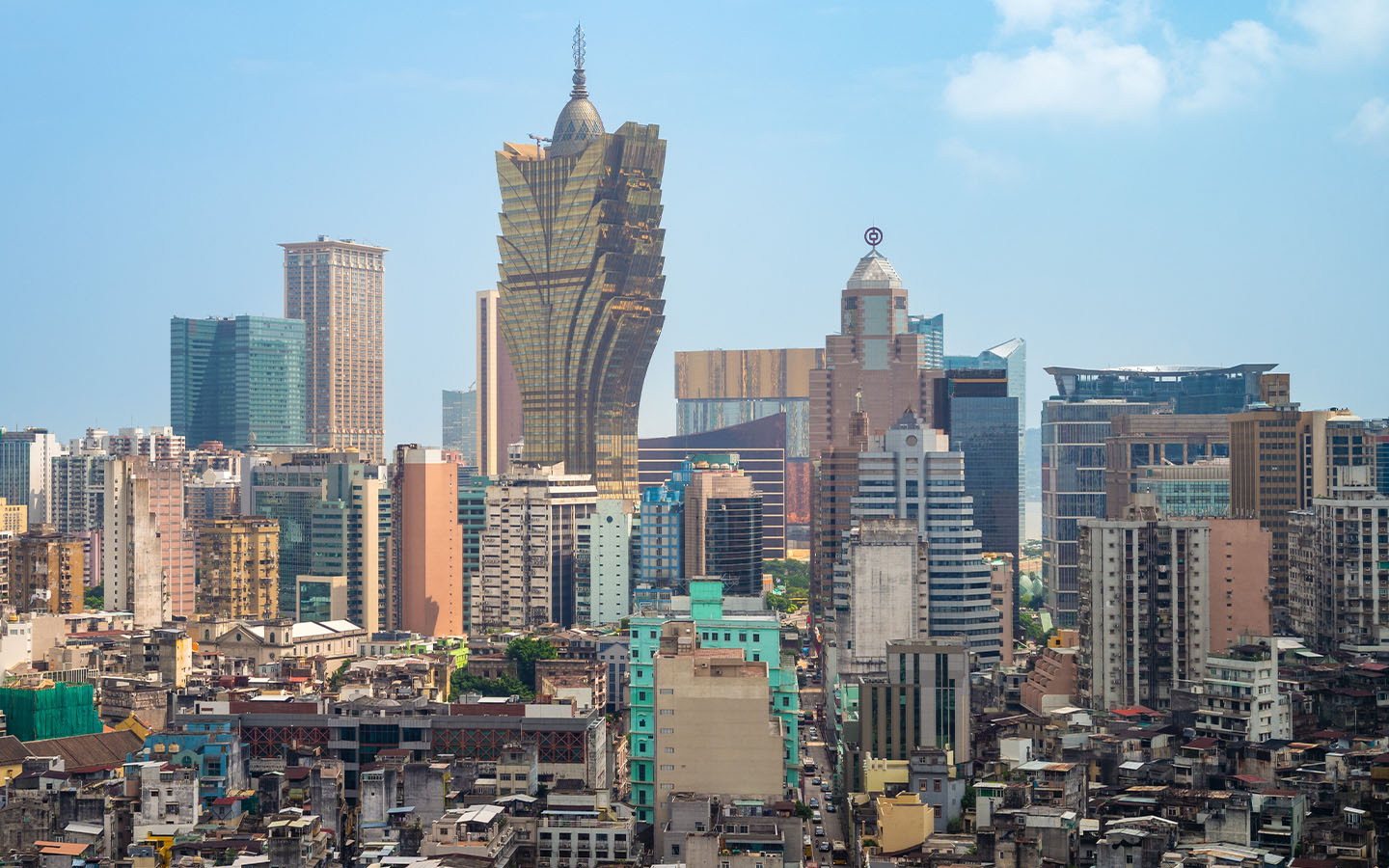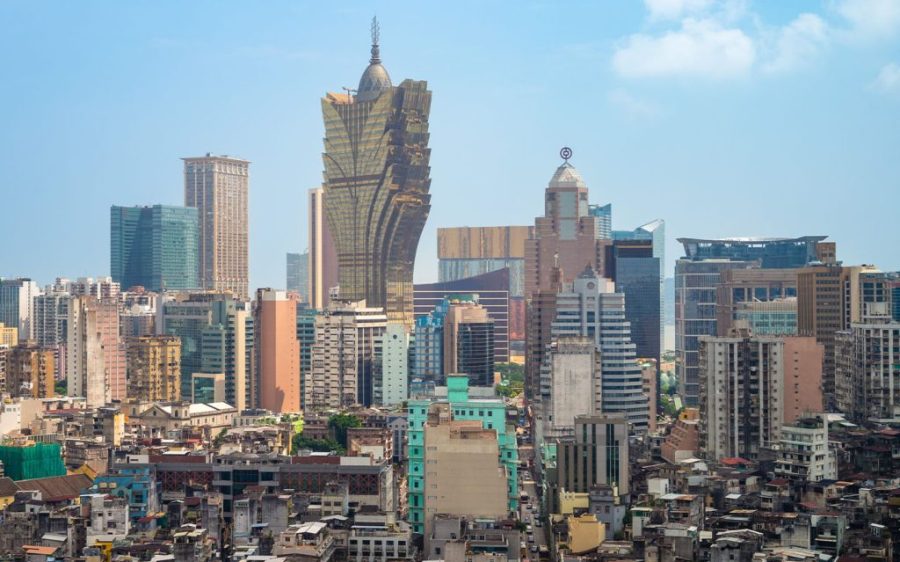Looking for the best park to cool off under the sweltering summer sun? Researchers at the City University of Macau (CityU) have news for you.
Climate researchers from the SAR’s universities made crucial discoveries last month: a study published by CityU unearthed the key ingredients for creating parks that serve as “cool islands,” while academics from the University of Macau found links between warmer weather and more hospital emergency room admissions.
The research comes as Macao sizzles under the effects of climate change. According to the Meteorological and Geophysical Bureau (SMG), Macao’s average annual temperature has risen about 0.11°C per decade since records began. The years 2019 and 2024 tied for the city’s hottest years ever, with average temperatures of 23.6°C across the year.
[See more: Climate change: Cities are trying innovative techniques to beat the heat]
But climate change brings more than just heat. The bureau has predicted that extreme weather events such as typhoons and heavy rains will become more frequent over the years. In 2024, Macao was ravaged by seven tropical cyclones. Last November even saw the rare formation of four consecutive typhoons – an unprecedented event so late in the year.
“With global warming, the increased frequency of extreme weather events has already become a reality,” the bureau wrote.
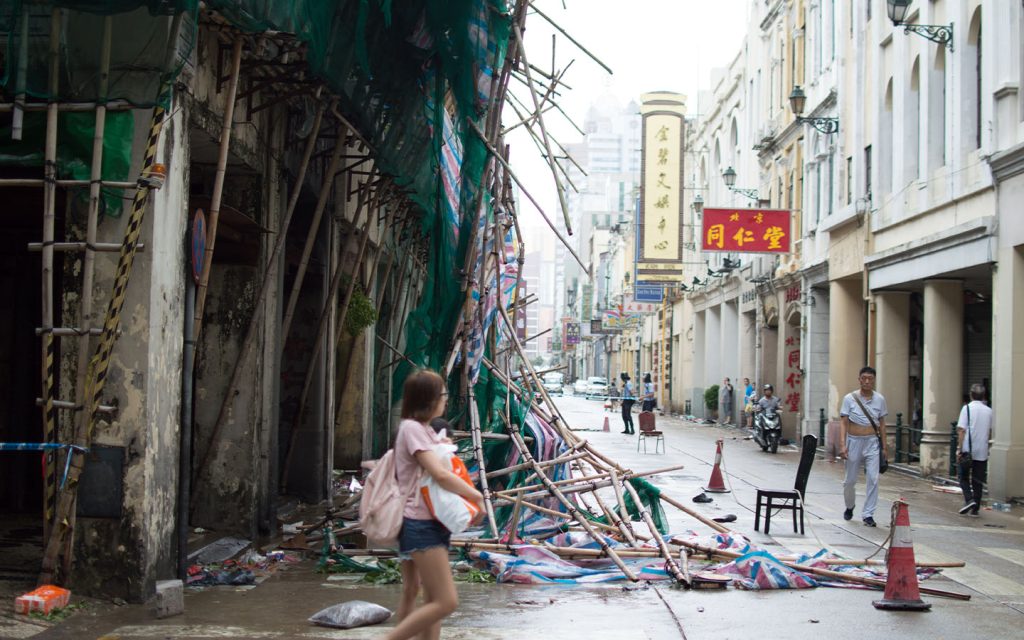
The impact of weather on health in Macao
The climbing mercury is what prompted both research teams to look into Macao’s climate. In a statement provided to Macao News, researcher Liyu Pan of the urban parks paper said that the article was inspired by the urban heat island effect. The phenomenon is where cities accumulate more heat than rural areas due to heat-absorbing building materials and a lack of natural air corridors.
Although people usually head towards parks to cool down, Pan questioned whether parks actually perform as strong a cooling function as conventional wisdom suggests. “Many current studies use physical temperature as a criterion for evaluation, ignoring people’s subjective feeling of heat,” she said. The paper aims to fill this gap in the literature.
Meanwhile, Robert Smith of the University of Macau was motivated by a similar article from Hong Kong to investigate the health effects of weather.
[See more: Paying more for your coffee? Blame climate change for that]
Smith and his team’s main addition? The factor of time. “We explore how weather on a certain day may impact health over future days,” he told Macao News, instead of restricting focus to more immediate effects.
Macao’s governmental departments regularly track local data, making it easy for researchers to conduct analysis, both teams said. Pan and her team reached out to the Meteorological and Geophysical Bureau for statistics, while Smith and his students received data with the help of the Health Bureau.
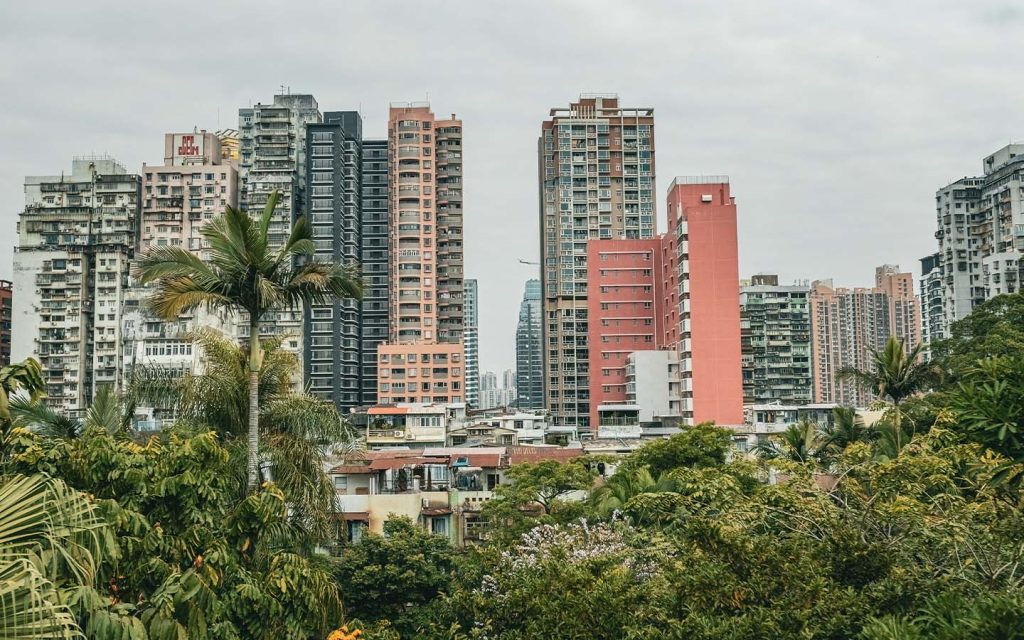
According to Pan, Macao makes a prime candidate for research on urban heating. “Residents often feel very hot in summer due to the high humidity of the air, the lack of greenery, and the densely built buildings with poor ventilation,” she wrote, making it representative of similar small-to-medium-sized cities.
For Smith and his team, Macao’s small size was also a main consideration. “The weather data … will be quite close to what the individuals who go to the hospital are experiencing,” he said, since there’s little geographical variation in the city’s climate.
Population groups vulnerable to climate change in Macao
What Smith and his students found was surprising: “The minimum risk temperature in Macau was notably low at 14.5 degrees Celsius,” they wrote – around half of this summer’s predicted average temperature. The warmth tends to have a more immediate effect on health, Smith said, compared to cold temperatures for which effects were delayed for up to three weeks.
Meanwhile, Pan and her professors discovered that, contrary to popular belief, parks with the most vegetation didn’t always have the most powerful cooling effect. “Some small ‘gray parks’ with limited green space showed higher cooling efficiency” at certain times of the day, Pan said, as a result of shadows from surrounding buildings.
[See more: It is ‘virtually certain’ that Earth has breached the 1.5°C climate change threshold]
This insight could be invaluable for urban designers aiming to minimise urban heating: “The design structure of parks and the interaction with the surrounding environment may be more important than expanding the area or increasing the amount of greenery,” Pan and her collaborators said.
As climate change worsens, both groups of researchers noted that some demographics were more vulnerable than others. Smith and his team found that children were more likely to get sick in hot weather. “Their bodies are still developing thermal regulations,” he explained.
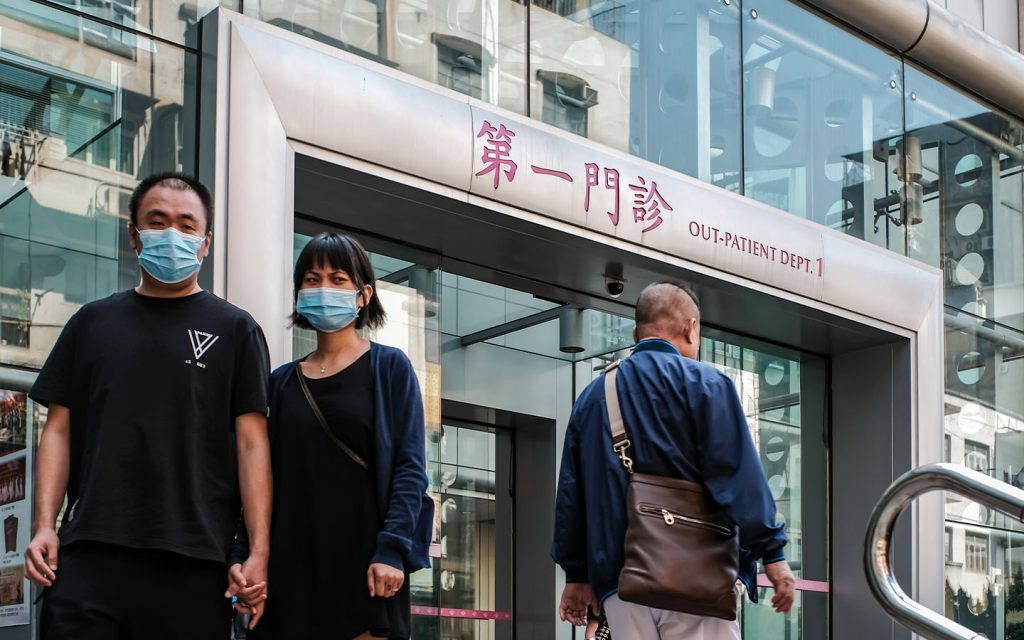
But the elderly aren’t immune, either: the team found that those above the age of 70 were among the higher-risk populations. “Macau, like many societies, is skewing towards an ageing society,” said Smith, so hospitals will likely be more burdened in the coming years.
Pan’s team at CityU also noted the impact of class disparities. Lower-income families “are less likely to rely on air conditioning for long periods of time,” they said, so those in dire financial straits may be more vulnerable as temperatures rise.
For both, the work is far from done. “ We are still discussing … what the next unanswered and relevant question [is] for Macao related to climate change and health,” said Smith.
